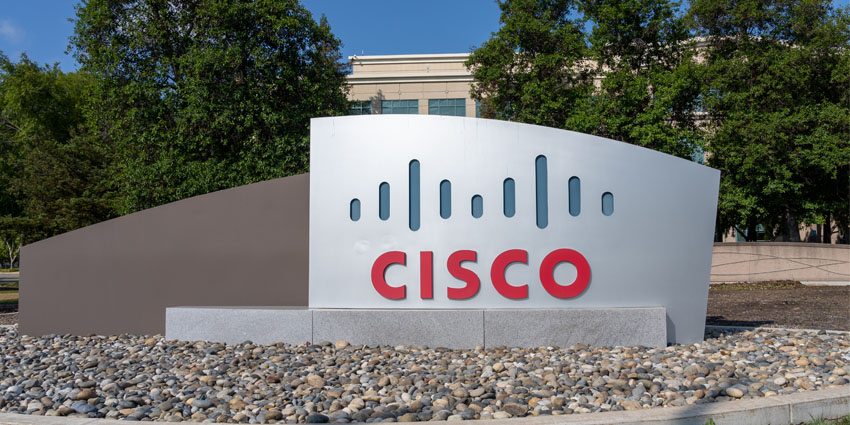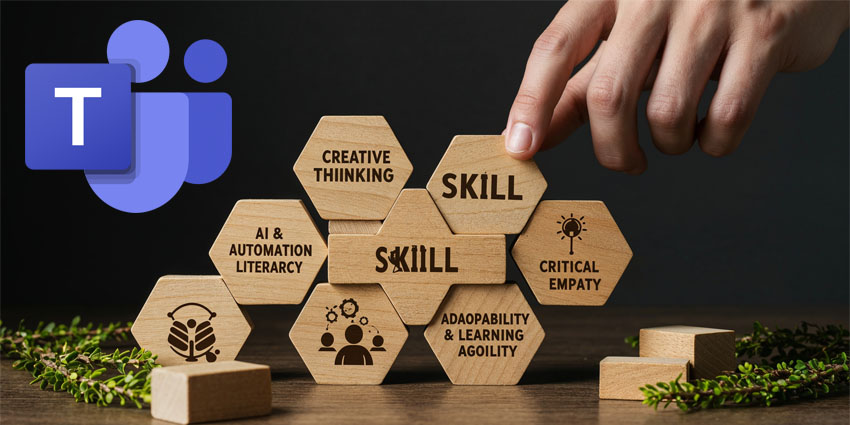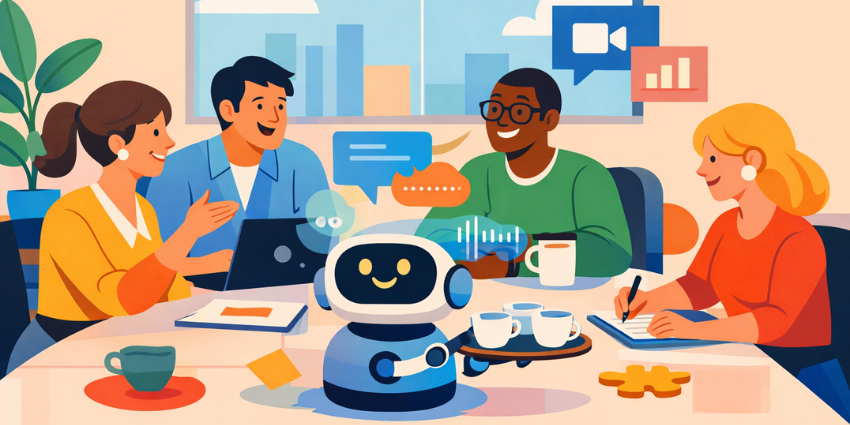Amazon Web Services (AWS) CEO Matt Garman has reaffirmed the company’s stance on the future of work – prioritising in-person collaboration even as AI becomes increasingly integrated into everyday tasks.
In a detailed interview with CNBC, Garman explained why Amazon views physical presence at the office as essential for innovation, training, and maintaining company culture, while also acknowledging the transformative potential of AI-driven workflows.
“We felt it was super important to get people back together, and you can feel that vibrancy – it really does drive that innovation,” said Garman.
“I was just spending time with a development group late last night who were building something cool, and they were eating pizza together, debugging together and working on some things.
“That just isn’t the same if you’re doing it over video, you don’t get that energy and that drive and creativity.”
Last September, the company mandated that employees must work in the office five days a week, beginning in January 2025.
“If there are people who just don’t work well in that environment and don’t want to, that’s okay, there are other companies around,” Garman said in October.
The comments drew a sharp response from hundreds of employees who, in an open letter, criticized the five days a week policy, arguing that it was not supported by data and lacked the backing the company claimed it had.
A recent survey from the British Chambers of Commerce (BCC) found that over 40 percent of businesses said they had tightened office attendance policies in the past year, and nearly half expect their workforce to be working onsite full-time within the next 12 months.
This marks a significant increase from last year’s BCC survey, where only 27 percent of businesses anticipated a full return to office work within five years.
AI as a Partner, Not a Replacement
While championing the importance of in-person collaboration, Garman also challenged the widespread fear that AI will replace IT workers.
Instead, he emphasised that AI will transform roles, shifting the focus from hands-on coding to managing AI tools that generate code and automate workflows.
Using AWS’s own coding assistant, Kiro, as an example, he illustrated how developers can direct AI to build software based on detailed specifications and iterate collaboratively, rather than writing every line themselves.
“You can also ask it to think in a more structured way, like saying ‘here’s a spec that I want to deliver’ and it will actually off and build that spec, and you can iterate with the tool,” he added.
“I think the skills for software developers, as an example, are going to be less focused on ‘are you really great at writing Java code?’ and much more focused on ‘Are you really great at managing these tools that are spewing out Java code?'”.
Human-AI collaboration
As AI capabilities multiply, new IT roles could emerge around managing fleets of autonomous AI agents that collaborate to complete complex workflows.
Referencing AWS’s launch of Agent Core, a tool that authenticates, monitors, and coordinates multiple AI agents with built-in audit logs and human oversight – Garman sees humans playing a critical role as “managers of agents,” intervening when AI workflows get stuck or need redirection.
This hybrid human-AI collaboration model demands new leadership and operational skills, focused on guiding AI behaviour rather than replacing it.
“The next 12 to 24 months will bring massive shifts in how every job is done,” Garman added.
“It’s not going to be replacing humans. It’s going to be making our workers much more effective [and] much more efficient.
What this means for IT Leaders
While return to office mandates will continue to vary on a company-by-company basis, Garman’s remarks on AI use outline a rapidly evolving space that is still difficult to fully gauge.
For IT leaders, the future demands a new blend of skills that combine technical expertise with the ability to manage and collaborate alongside AI tools.
Success will hinge not on replacing human talent but on empowering teams to work smarter through AI-assisted workflows and constantly innovating in a changing environment.
Adaptability, critical thinking, and a willingness to rethink traditional roles will be key to staying relevant and driving business growth in an increasingly AI-powered world.







